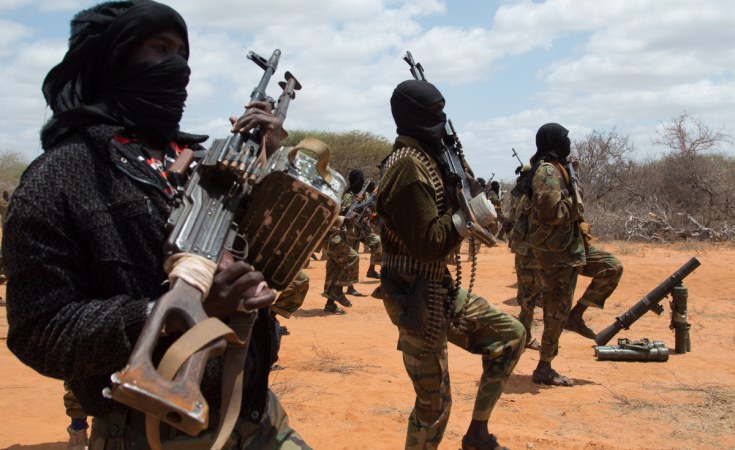The Islamic State’s Somali affiliate has more than doubled in size to approximately 700 fighters, bolstered by an influx of foreign militants from the Middle East and Africa, according to a new United Nations report that signals growing concerns about the terror group’s expanding influence in East Africa.

The U.N. Sanctions Monitoring Team for Somalia reported this week that fighters from Syria, Yemen, Ethiopia, Sudan, Morocco, and Tanzania have significantly enhanced IS-Somalia’s operational capabilities, particularly in Puntland’s Cal Miskaad mountains. Intelligence sources characterized the group’s territorial gains against al-Qaida-linked al-Shabab as a “drastic change” directly attributed to the foreign reinforcements.
“Foreign fighters arrive in Puntland using both maritime and overland routes,” the report stated, citing intelligence from U.N. member states. Captured militants have reported working with trainers from various Middle Eastern locations, highlighting the group’s international connections.
The expansion coincides with IS-Somalia’s growing global prominence within the Islamic State network. Since 2022, Somalia has hosted al-Karrar, one of nine regional Islamic State offices established to maintain the terror group’s worldwide operations. Despite leadership losses, the office has become more powerful and decentralized, complicating efforts to disrupt its activities.

Former IS-Somalia leader Abdulqadir Mumin, who survived a U.S. airstrike in June, now heads the Islamic State’s general directorate of provinces, overseeing all African affiliates. His former deputy, Abdirahman Fahiye Isse, has assumed leadership of IS-Somalia, with Abdiwali Waran-Walac managing finances.
“This reporting on an influx of foreign terrorist fighters in Africa is concerning,” said Austin Doctor, director of counterterrorism research initiatives at the National Counterterrorism Innovation, Technology and Education Center. He predicted the trend would continue, citing regional factors that appeal to extremist recruits.
While the number of foreign fighters entering Somalia remains far below the tens of thousands who joined ISIS in Syria and Iraq during its caliphate period, the U.N. report indicates the group maintains robust financial health. “Given the relatively small size of IS-Somalia, the group can sustain itself and generate additional revenue for other IS affiliates through the al-Karrar office,” the report concluded.



